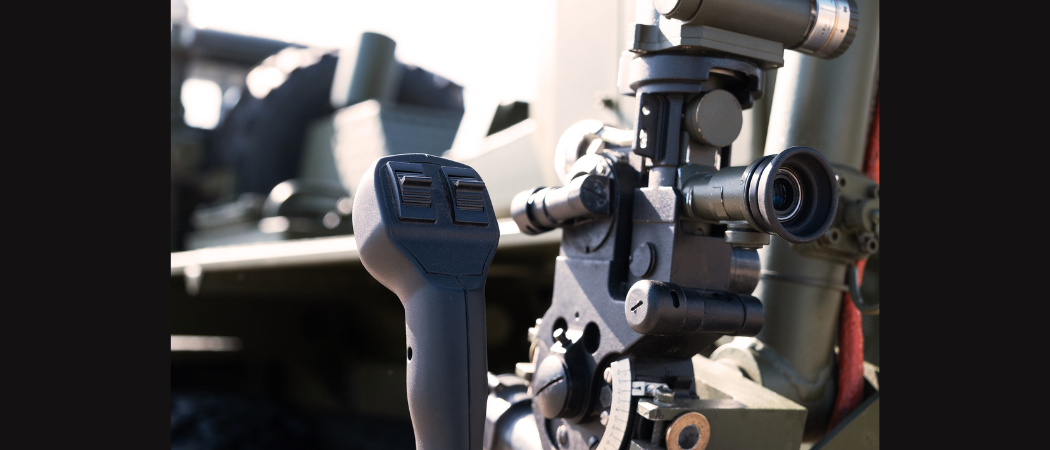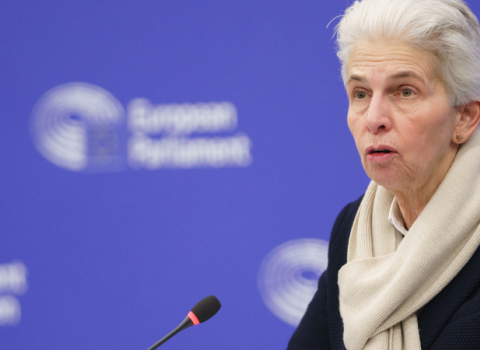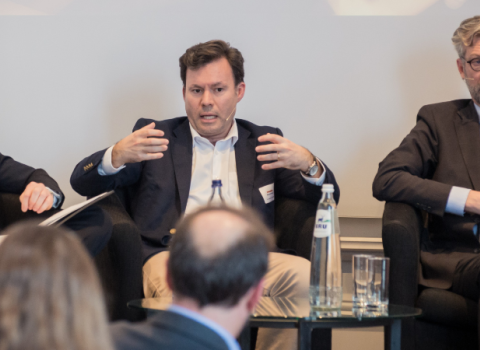The EU money will incentivise joint purchases of military equipment by member states and help SMEs get to market. But the fund runs out in mid-2025 and plans for a longer term strategy are held up

The EU has set up a new €300 million fund which will incentivise joint procurement of defence equipment. Photo: BigStock
New EU rules aiming to boost common procurement of defence equipment by member states are expected to benefit SMEs with innovative technologies, but there are concerns over the programme’s budget and its long-term future.
Incentivising joint procurement should be “beneficial for small enterprises from small states,” said Kalev Koidumäe, CEO of the Estonian Defence and Aerospace Industry Association, whose 130 members are mostly SMEs.
Estonian companies have been especially active in the first two calls of the European Defence Fund (EDF), which invests in cross-border research and innovation projects. In total, 14 Estonian entities are involved in 16 projects selected in the latest call, with an Estonian company leading one consortium.
To help research backed by EDF grants through to market, the European Council recently adopted the European defence industry reinforcement through common procurement act (EDIRPA), paving the way for the setting up of a €300 million fund which will incentivise joint procurement. It will offer reimbursement of up to 15% of the costs of joint purchases which involve a consortium of at least three member states.
The fund is primarily a response to the Russian invasion of Ukraine and the need for European countries to strengthen defence capabilities and replenish stocks depleted by donations to Ukraine, but it also aims to boost the European defence industry.
Koidumäe said EDIRPA could be one of the tools to find a market for EDF products, and to help Estonian firms compete with larger companies.
“Local markets in the defence area are not so big. Companies in our association are mainly also looking for export markets.”
The reimbursement cap rises to 20% where Ukraine or Moldova is one of the recipients, or where SMEs or mid-caps are involved.
To benefit from the procurement scheme, companies must be “established in the EU or in associated countries” and not controlled by third country entities, giving European companies a competitive advantage.
The measure’s effectiveness could however be limited by its €300 million budget, which is significantly smaller than the €500 million originally proposed by the Commission, and the €1 billion called for by the European Parliament.
“It remains to be seen whether the agreed budget of €300 million will be sufficient to make a tangible difference in terms of interoperability and economies of scale,” Jan Pie, secretary of the European defence industry association ASD, said in June when the Parliament and Council reached a political agreement on the regulation.
“Nevertheless, the agreement sends out a positive signal in support of more joint procurement, which we consider an important tool to pool demand and rationalise procurement processes.”
Strategic shift
While it remains a short term instrument, EDIRPA represents “a promising and much needed beginning of the EU's strategic shift towards a consolidated defence policy,” according to a report from Finabel, an organisation for the promotion of defence cooperation and interoperability within the EU.
“EDIRPA is of huge importance, as its performance during implementation will likely influence the structure and foundation of this potential long-term instrument and the broader trajectory of the EU defence industry,” the report says.
EDIRPA will run until mid-2025. The European Commission will soon present its longer term plan for joint development and procurement, the European Defence Investment Programme (EDIP). This is part of the planned European defence industry strategy, which was announced by Ursula von der Leyen in her state of the union address in September.
Internal Market Commissioner Thierry Breton was due to present the strategy on 8 November, but this has been pushed back to early next year to allow for a three month consultation with stakeholders.
“The need to move from emergency response to long term ability has become clear. We can only do this together: strengthen supply chains and innovation so that we have a permanent readiness,” said Commission vice president Věra Jourová. “That is why it is so important to prepare our strategy in close consultation with member states, the European Parliament, and all stakeholders concerned.”





 A unique international forum for public research organisations and companies to connect their external engagement with strategic interests around their R&D system.
A unique international forum for public research organisations and companies to connect their external engagement with strategic interests around their R&D system.